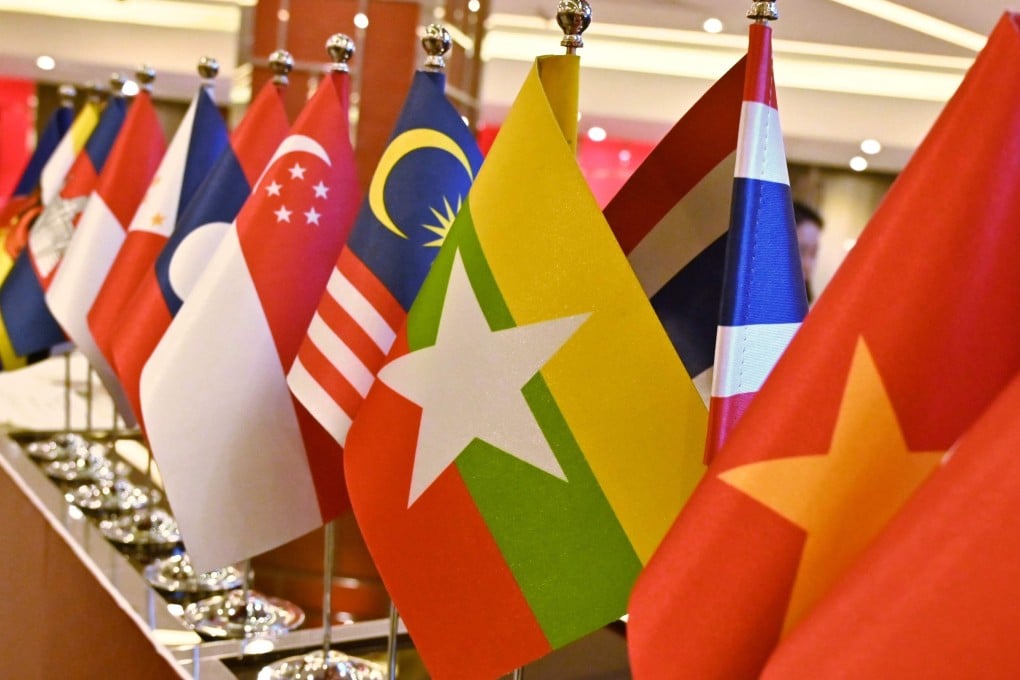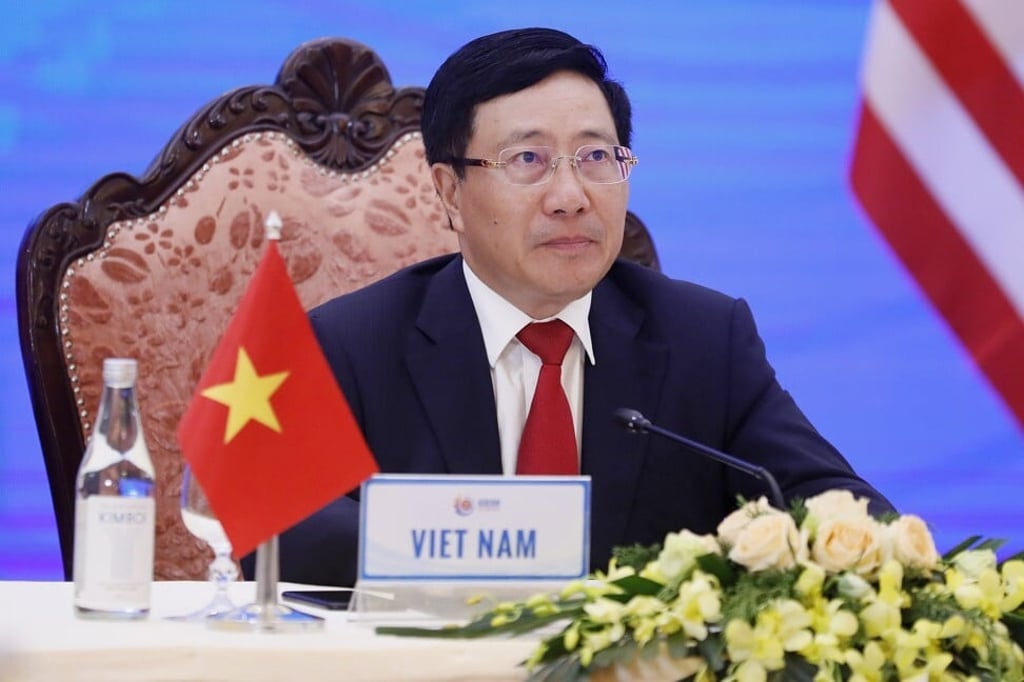Advertisement
Opinion | As Asean chair, Vietnam must deepen regional solidarity amid US-China rivalry
- Asean has many pressing challenges today, including disputes in the South China Sea, the crisis surrounding the Mekong River, and the Covid-19 outbreak
- If member states do not prioritise regional interests, Asean could be manipulated by larger powers seeking to advance their interests in the region
Reading Time:4 minutes
Why you can trust SCMP

Vietnam’s chairmanship of the Association of Southeast Asian Nations (Asean) will take centre stage during the coming Asean Regional Forum (ARF) through videoconference this weekend.
Foreign ministers of 27 nations, including Australia, China, India and the United States, are expected to find out how Asean will promote its centrality towards the theme and priorities under Vietnam’s chairmanship.
Asean has many pressing challenges today, including maritime disputes in the South China Sea; the humanitarian crisis in Myanmar’s Rakhine state; the crisis surrounding the Mekong River; climate change; the denuclearisation of the Korean peninsula; and other non-traditional threats such as the outbreak of Covid-19.
Advertisement
From the Cambodian perspective, Vietnam should strive to achieve the following for a more cohesive and responsive Asean.
Advertisement
Prioritise regional interests
Advertisement
Select Voice
Select Speed
1.00x

